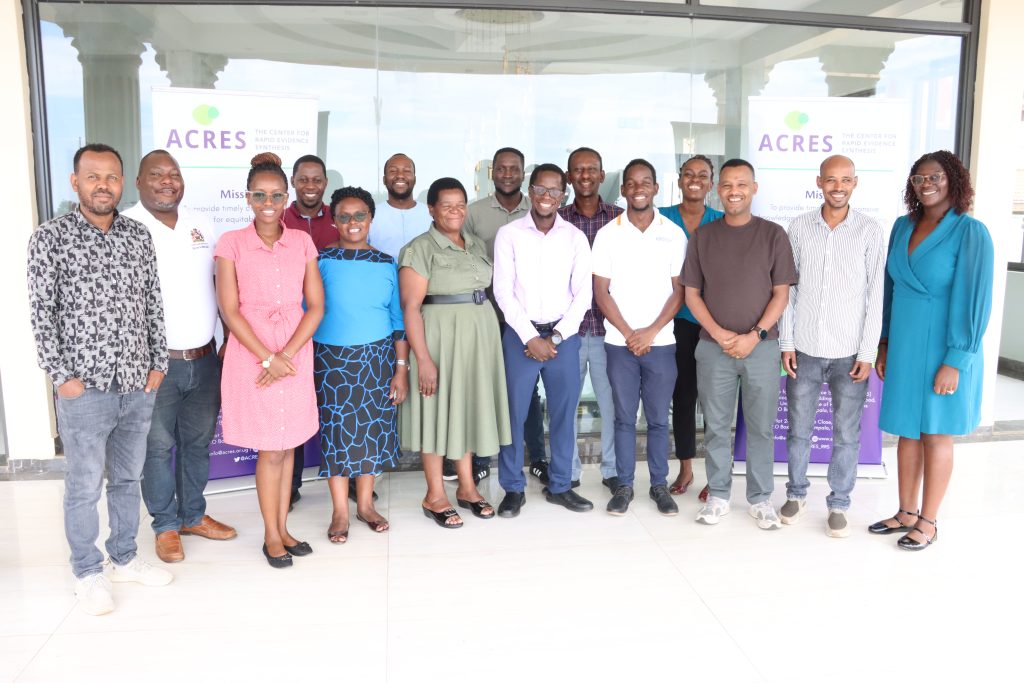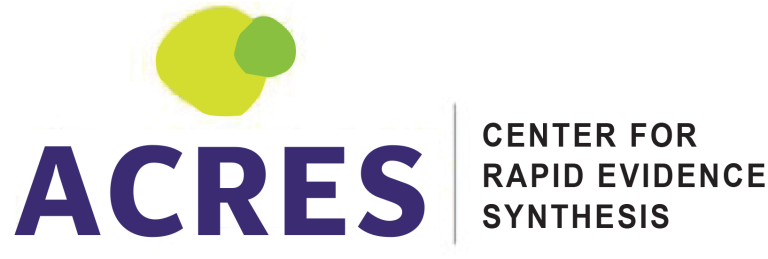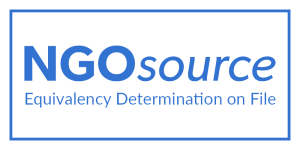
The Center for Rapid Evidence Synthesis (ACRES) launched the mid-level Evidence to Policy (E2P) Training Programme with an orientation exercise on April 29–30 in Entebbe, Uganda.
Sixteen participants—policymakers and knowledge brokers from Kenya, Ethiopia, Malawi, and Uganda—will spend the next 28 weeks honing their skills in Evidence-Informed Decision Making (EIDM).
The programme is supported by International Development Research Centre (IDRC), William & Flora Hewlett Foundation, and Robert Bosch Stiftung GmbH under the Africa Learning together to Advance Evidence and Equity in Policymaking to Achieve the SDGs (Africa LEEPS) project.
During the opening of the orientation session, Dr. Ismael Kawooya, Head of the Training Programme at ACRES, explained that the training aims to equip knowledge brokers with the confidence to effectively influence policymaking.
“We are empowering you—the researchers—to approach policymakers with confidence, ensuring that when you engage them, you speak with clarity and authority,” Dr. Kawooya said.
The mid-level programme builds on the foundation of the entry-level course, offering advanced training in the practical application of EIDM. It empowers participants to navigate complex policy environments, draw from real-world experiences, and integrate evidence into impactful policy decisions.
The training primarily targets:
- Policymakers with foundational EIDM knowledge, responsible for implementing policies, ensuring evidence-based alignment, and advising senior decision-makers.
- Knowledge brokers who understand research’s role in decision-making and can translate complex findings into policy-relevant insights.
The programme covers all aspects of EIDM, combining technical expertise, cultural competency, and collaborative skills for a comprehensive learning experience.
Hands-On Learning Approach
Participants will engage in real-world projects, bridging the gap between theory and practice. This includes:
- Organizing and hosting four webinars (led by pairs of participants).
- A symposium week for deeper engagement.
- Paired projects between knowledge brokers and policymakers in sectors like renewable energy and climate change, focusing on translating evidence into policy.
“Over the 28-week course, each pair will identify topics, select experts and participants, and design webinar content,” explained Mr. Patan Lusiba, Head of the Capacity Building Unit at ACRES.


